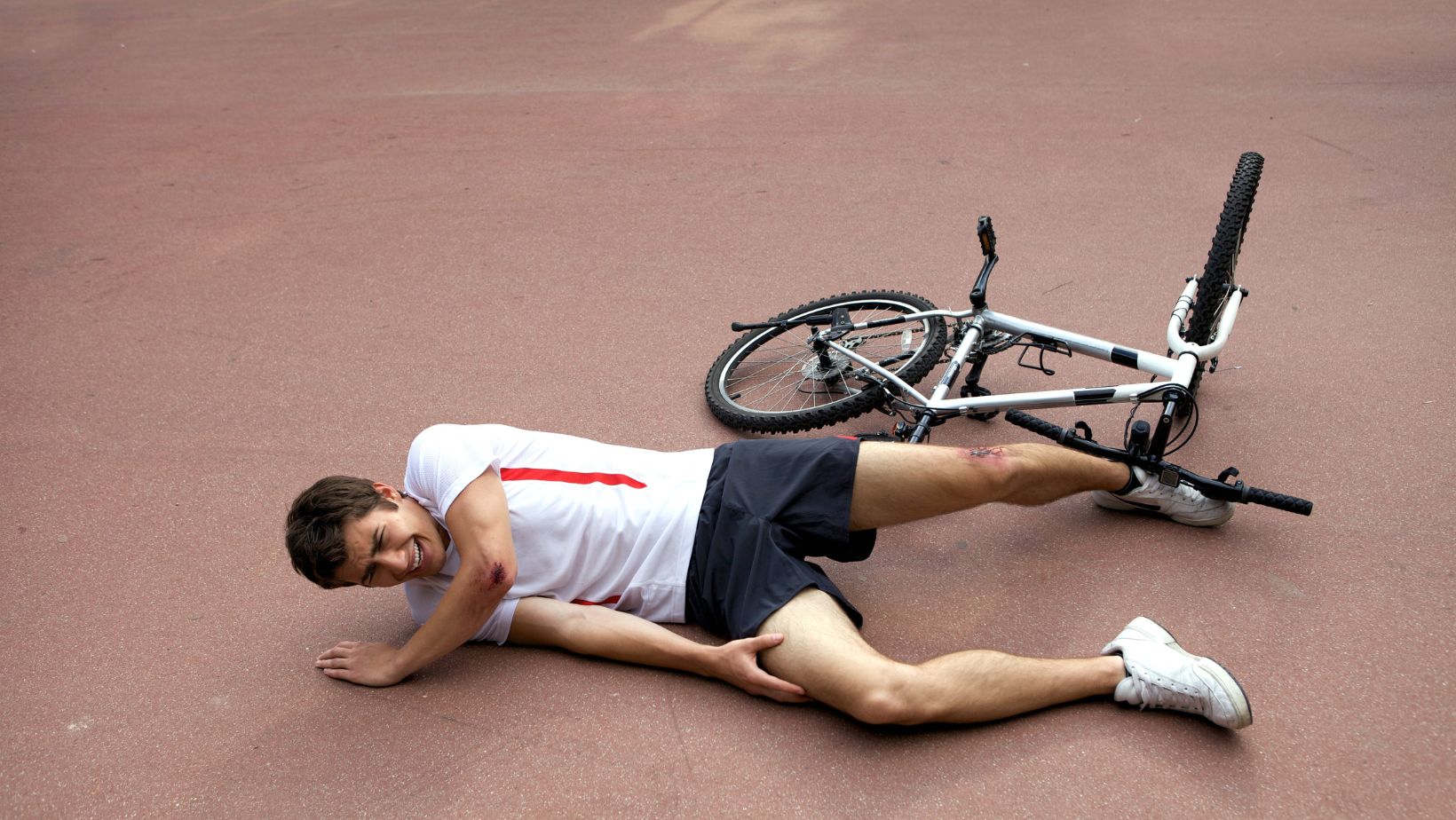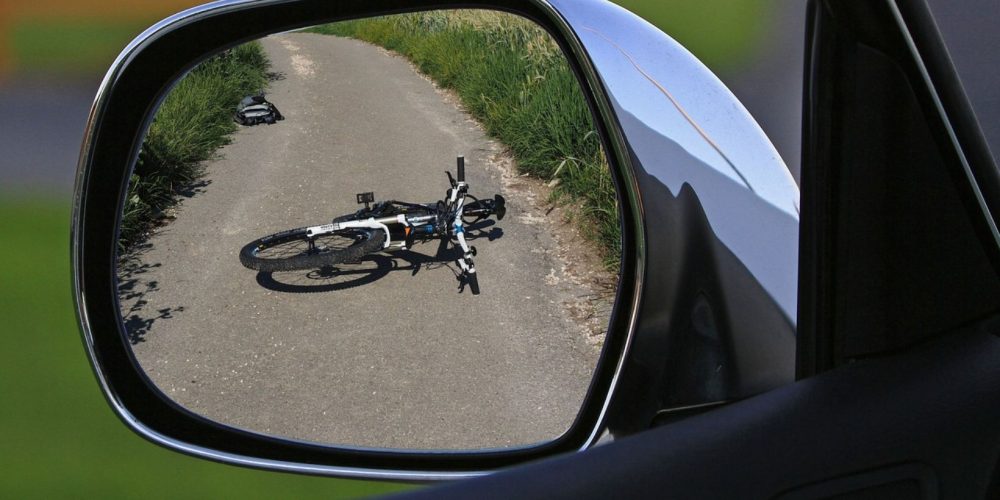Ever had a nasty tumble on your bicycle? Recovering from a bicycle accident can be a daunting task, filled with questions about what to do next. This guide will help you navigate the aftermath of a bicycle accident, providing you with vital steps to get back on your bike and the road to recovery.
Seek Immediate Medical Attention
Seeking immediate medical attention after a bicycle accident is crucial for several reasons. Firstly, it helps identify and address any hidden injuries – such as internal bleeding or concussions – that may not be evident but can have serious consequences if left untreated. Secondly, prompt medical care allows for early intervention, which can significantly enhance recovery and reduce the risk of long-term complications.
Moreover, medical professionals can provide expert guidance on the appropriate steps for recovery, including rest, physiotherapy, or surgery if required. Lastly, your bicycle accident attorney will explain how having a documented medical record post-accident can be important if you need to make an insurance or legal claim. Hence, it’s always a wise decision to seek immediate medical attention after a bicycle accident, even if you feel okay initially.
Follow Medical Advice
After your examination, your doctor will tell you what you need to do to recover faster. These are the following steps:
- Follow the doctor’s instructions
- Rest and recovery
- Manage pain and discomfort
- Monitor for signs of complications
- Physical therapy and rehab
- Stay hydrated
- Diet
- Mental health support
- Follow-up imaging or tests
- Gradual return to physical activity
Adhering to medical advice helps ensure timely healing, prevents complications, and promotes return to normal function. Doctors tailor recommendations based on individual health conditions and injury severity, guiding you through a personalized recovery process. Pain management techniques, hydration, a balanced diet, and mental health support collectively aid in strengthening your body and mind.

Physical therapy restores mobility and muscle strength, while regular follow-ups enable doctors to monitor progress and adjust treatments as needed. Hence, non-compliance with medical advice could delay recovery, exacerbate injury, and impact overall health.
Notify Authorities and Insurance
Notifying authorities and your insurance company after a bicycle accident is vital for several reasons. Firstly, reporting the incident to the authorities ensures that an official record is established, which becomes integral when seeking legal redress or making insurance claims. This record includes crucial details like the accident location, the involved parties, and potential witnesses.
Secondly, contacting your insurance company promptly ensures you initiate the claims process as soon as possible. The insurer can then begin assessing the damage, determining liability, and working out compensation. Prompt notification also ensures you adhere to your policy’s terms and conditions, which usually require timely reporting of any incident.
Document the Scene
Scene documentation serves as tangible evidence, capturing the conditions that contributed to the accident, such as weather, road conditions, and potential hazards. This information can be useful in determining liability and can significantly impact legal proceedings and insurance claims.

Furthermore, photographs of injuries and damage to your bike can offer a clear representation of the incident’s severity. Witness accounts collected at the scene can also provide additional perspectives that may corroborate your version of events. Therefore, thorough scene documentation can be instrumental in establishing the truth about what transpired, providing a foundation for justice, and ensuring you receive appropriate compensation.
Document Your Injuries
Injury documentation is a critical step in the recovery process after a bicycle accident. This process involves keeping detailed records of your injuries, treatment received, and progress over time. First and foremost, it helps you and your healthcare provider monitor the healing process and adjust treatment plans as necessary.
Moreover, documented injuries serve as concrete evidence if you need to file an insurance claim or take legal action. They can corroborate your narrative of the accident, providing a vivid depiction of the sustained injuries and their impact on your life. In legal terms, they can substantiate your claims and possibly influence the compensation amount.
Get Legal Advice
A legal professional can help you navigate the complex realm of personal injury laws, ensuring your rights are protected, and you are aware of your legal options. They can assist in deciphering intricate insurance policies and help advocate for a fair settlement. Moreover, they can help gather and present compelling evidence to support your claim, including negotiating with insurance companies and, if necessary, representing you in court.
The expertise of a legal professional significantly maximizes your chances of securing appropriate compensation for medical bills, lost wages, pain and suffering, and other damages. Therefore, legal consultation is an indispensable part of the recovery process, providing the support you need to bounce back after a bicycle accident.
In your journey to recovery after a bicycle accident, remember to prioritize your health, diligently follow medical advice, and document everything. Seek legal counsel to navigate insurance claims and possible legal proceedings. Remember, it’s your resilience and determination that will fuel your recovery and get you back on the bike again.





